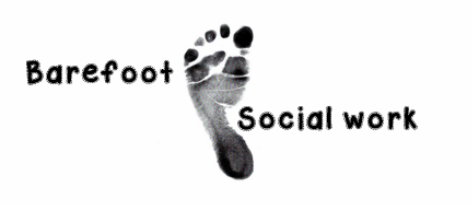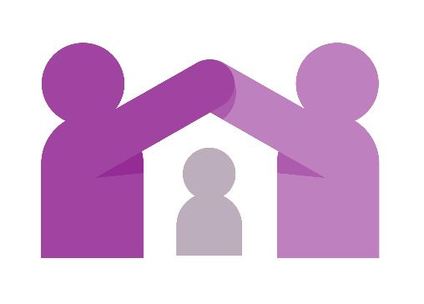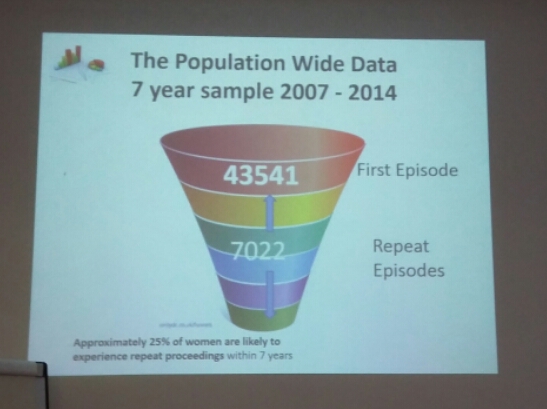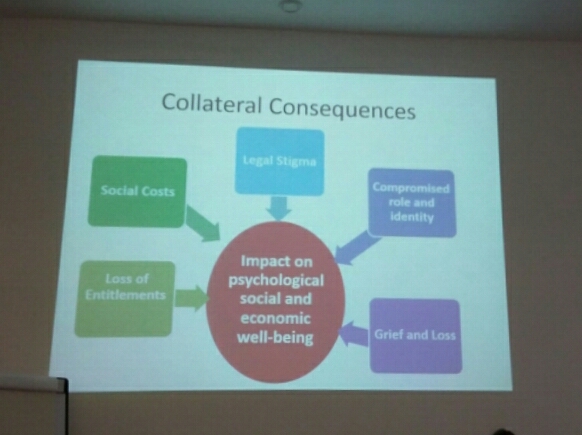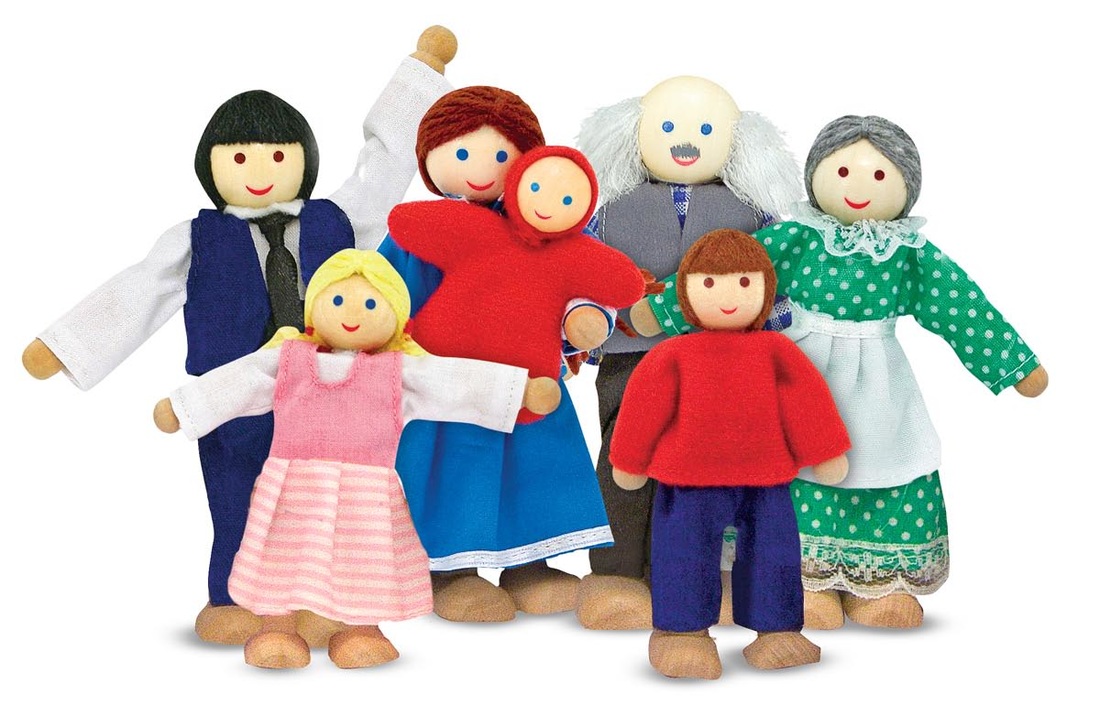|
Yesterday I attended ‘Parents’ Voices and their Experiences of Services’ at Friends Meeting House in Manchester. It was an opportunity to examine priorities for system, policy and practice change, drawing upon findings from research and was a very valuable day for reflective practice. The event began with a short introduction by Safeguarding Survivor who chaired the conference with great confidence and professionalism. I know she was nervous but you couldn't tell and she did a brilliant job. If you aren't aware of her story, I recommend you read her blog. It offers great insight into the child protection system from a parents’ perspective and provides excellent advice for others whose children have been identified as ‘at risk’. Her work has been praised for its balance and value by Sir James Munby and you will soon be able to read more of her case after the court granted Louise Tickle (a freelance journalist) permission to publish details in a broadsheet newspaper. You can read the judgement at Family Law. 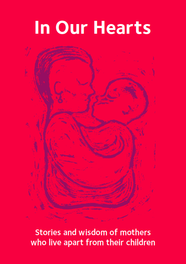 Siobhann and three mothers from The Mothers Apart project (Women Centre) Kirklees spoke about their book In Our Hearts. It presents open and honest accounts of initial separation, court proceedings, relationships with services, of mothers who have been able to have children returned to their care or contact increased, mothers who have no current contact at all and those for whom contact remains limited. It offers itself up as an aid and guide to learning for parents, families and professionals working in pursuit of child protection. As a result of co-production learning Mothers Apart have developed women centred working that recognises people as assets. Whilst every woman is different they have found that there are a number of common themes and, consequently, much of their work is about power. Sean Haresnape (Principal Social Work Advisor) from Family Rights Group outlined a Parents Charter being developed in collaboration with parents and professionals, that sets out expectations of how services should engage with parents, whose children are subject to statutory interventions; and we heard from Declan, a father and care leaver who had his daughter placed with him following care proceedings. Prof. Karen Broadhurst (Lancaster University) and Claire Mason (ISW & Lancaster University) presented preliminary findings from their 2 year study of birth mothers, their partners and children, within recurrent care proceedings under s.31 of the Children Act in England. The project hopes to confirm the national scale and pattern of recurrent proceedings together with the characteristics and service histories of parents caught up in this cycle. Statistical methods have been used to quantify recurrence and examine the relationship between recurrence and key explanatory variables. This has been complemented by qualitative components that include in-depth interview work with birth mothers in five local authority areas and in-depth profiling of a subset of randomly selected case files. Through data mining they have found that 25% of women who have been through care proceedings will return within 7 years. Teenage motherhood is associated with a significant number of repeat care proceedings and Prof. Broadhurst questions whether the family court is the most appropriate setting for dealing with teenage parents. Another facet of their research looks at the collateral consequences of care proceedings and asks who, once a court case has concluded, is there to support parents with the psychological, social and economic consequences of losing a child. Whilst the child and adopters/foster carers remain supported for a time by Social Workers and other services, there are no statutory support available to parents. This short-sighted approach demonstrates a lack of understanding of the collateral consequences and their cumulative impact which can drive women in to unhealthy relationships and successive pregnancies. In subsequent cases Local Authorities and Courts have been found to act more swiftly and are more likely to remove closer to birth, with adoption being the most likely outcome, compounding the cycle.
Similar concerns were raised last week by Sir James Munby when I attended the annual Family Justice Council debate in London. He said that it was “not fair on subsequent children that post adoption support isn't provided to birth parents” and “there is some substance to the question whether resources are adequately balanced between support for adoption and support for families”. Finally, Prof. Kate Morris (Sheffield University) outlined the empirical research she and Prof. Brid Featherstone (University of Huddersfield) are conducting as part of Your Family Your Voice – an alliance of families and practitioners working to transform the system. Their work, looking at family experiences of multiple service use, highlights the profound difficulty families often find navigating their way through services. At the end of the presentations we were asked to reflect upon what we had heard and identify what changes could be made to make the system a more humane one and minimise trauma for parents, children, their families – and also for practitioners. I invite you to do the same and participate in the research here.
1 Comment
As some of you will already know, I am a Social Worker and Blogger here at Barefoot Social Work . I am particularly interested in adverse childhood experiences and finding ways in which children and their families can be supported to mitigate their negative long term affects. I am passionate about supporting children to remain in the care of their family and I believe strongly that local services should be available to make that happen. That is why I am particularly concerned (and have blogged) about austerity and the impact this will have on vulnerable children and their families. I believe Social Workers should help shape the political debate about issues that affect the people we support. We can do this in a number of ways: private conversations, engaging with media outlets, campaigning, petitioning and social research (to name a few).
Last week I was offered the very exciting opportunity to undertake a Phd at Manchester Metropolitan University. My study will look at 'Enabling Families in Austere Times' and will include a detailed ethonographic exploration of Home Start in England. The austerity narrative dominates the shaping of social care services and families’ experiences of care within Britain. Anxiety and insecurity are prevailing aspects of contemporary life and research highlights the negative impact on low and middle-income families. Government policy and the recent conservative budget increasingly emphasises the importance of ‘good’ parenting, with parents being expected to be responsible citizens, bear the impact of austerity measures, and take the blame for a myriad of societal issues. Third sector organisations play significant roles in the delivery of social care, particularly within a landscape of welfare state retrenchment and pressure on support services. However, there are significant gaps in empirically-based research that clarifies the distinctiveness of organisations. Home-Start has been the focus of limited research focused on enhanced children’s school readiness (Love et al., 1976) and improvements in children’s behaviour (Hermans et al., 2013). Existing research does not focus on the role that Home-Start performs in local communities, the diversity of families or the experiences of volunteers. In 2014 my research supervisor, Jenny Fisher and colleagues, undertook a small-scale evaluation of Home-Start Manchester South. This identified that they provide an invaluable support for families experiencing difficulties across South Manchester through the role of volunteers. The main aim of my research is to build upon the previous research and interrogate the impact of Home-Start on families in austere times. This will develop an empirically and theoretically sound understanding of family support and characteristics of Home-Start in supporting families. If you have followed the news around Kids Company over the last couple of weeks you will understand how important it is that organisations are accountable to those that invest personally and financially, and are able to evidence outcomes and efficacy. I am very excited about this opportunity and I am honoured that Manchester Metropolitan University and Home Start are supporting this research. I will start in September and would really appreciate your support. Please take a look at my fundraising page. If anyone is interested in following the progress of my research, I will be posting regular updates on my blog . Please follow me on twitter and facebook . Thank you x 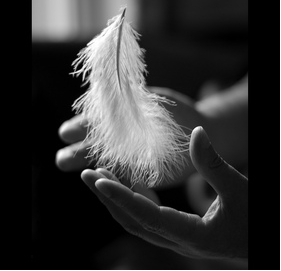
“A child can live through anything provided they are told the truth and allowed to share the natural feelings people have when they are suffering” Eda Le Shan.
I am currently supporting a family where a parent has a life limiting illness. Devastatingly, it is expected that the parent has only a couple of weeks left with them. In preparation I have been identifying support services in the area that can assist the children, aged six and eighteen, during the difficult time before and after the parents passing. During my research I have found that following a survey carried out by Winston's Wish, it is estimated that:
Most children and young people will experience loss, mainly due to bereavement. Bereavement is described as the loss that people experience when someone close to them dies. This could be a close relative, family member or friend. Alternatively the loss could be due to family difficulties such as separation and divorce. Grief is the combination of feelings that are experienced as a result of the loss of something or someone close to them. Everyone experiences grief differently – there is no “right” way to feel. Feelings can include: shock, despair, intense sadness, guilt, depression, relief, fear and anger. It can sometimes feel that people move backwards and forwards between feelings. It is not unusual to feel numb, feeling that you have no feelings at all. Grief is a normal and natural response to loss. Children and young people will go through a range of the feelings described above. However, the ways in which they respond to their loss will be determined by their age, their understanding of death/loss, their relationship with the person they have lost, the circumstances surrounding the event and the way the situation is dealt with by others around them. The following information describes some of the common reactions that children and young people may experience following a loss, what they may need and what parents and professionals can do to help. This is not an exhaustive list and reactions will vary with each individual. Ages 3-6yrs
Ages 7-10yrs
Ages 11-13
Ages 14-20
Children need reassurance that whatever has happened is not their fault; permission to express their feelings and be a child, in a constructive way; honest explanations; help and support to express their feelings; and, to be included in the funerals and rituals, if appropriate. Great Answers to Difficult Questions about Death explores children's thoughts and feelings on the subject of death and provides parents and other caring adults with guidance on how to respond to difficult situations. Grief in Young Children explores the common misconception that pre-school children are not capable of experiencing grief in the same way that older children do. This book challenges this assumption, demonstrating that although young children may not express grief in the same way as older children, they still need to be supported through loss. There are a number of organisations that can offer support to children and their carers during a time of bereavement. The following are some that I have found to be particularly good and are available nationally or in the Greater Manchester area. CALM Manchester Office – 2nd Floor, Gateway House, Piccadilly South, Manchester, M60 7LP Tel: 0800 58 58 58 (Monday - Friday 17:00hrs – 03:00hrs) Website: www.thecalmzone.net CALM works to tackle depression amongst young men (aged 15-35) across Manchester, Merseyside and Bedfordshire. It exists to help them deal with the problems they are facing, no matter what is troubling them Childline 1 Sickle Street, Manchester M2 1DL Tel: 0870 336 2920 Fax: 0870 336 2921 Website: www.childline.org.uk Chips Programme – North West Contacts: Sue Tabner: 0870 336 2924 Maria Molloy: 0870 336 294 Childline provides a free, 24-hour, helpline for children in distress or danger. Trained volunteer counsellors advise and protect children and young people who may feel they have nowhere else to turn. Childline also offers an outreach programme, to schools, through its CHIPS programme, focussing on a range of areas including loss and bereavement Riprap Website: www.riprap.org.uk Riprap is a website that can help young people (12-16yrs) cope when a parent has cancer. There are stories from other young people going through similar situations and information to help them to understand and deal with what is going on in their family. RD 4 U Freephone: 0808 808 1677 E-mail: [email protected] Website: www.rd4u.org.uk This is a website designed for young people by young people as part of CRUSE Bereavement Care’s Youth Involvement Project. Offers support for young people after the death of someone close. There is a specific area for boys. Winston’s Wish Clara Burgess Centre, Bayshill Road, Cheltenham, GL50 3AW General Enquiries: 01242 515157 Helpline: 0845 20 30 40 5 Fax: 01242 546187 E-mail: [email protected] Website: www.winstonswish.org.uk This is one of my favourites. I have used them in the past following the sudden death of a foster carer I was working with. The support they were able to offer both the 9 year old birth child and 13 year old foster child was amazing and it really did make a difference. Winston’s Wish supports bereaved children and young people. The website explains how professionals can help bereaved young people and offers ideas for resources and activities. They offer face to face work to all children and families bereaved of a parent, primary care-giver or sibling through suicide, murder and manslaughter and military deaths, living anywhere in the UK. For families who have been bereaved through an accident or illness, this service is only available for families living in Gloucestershire, South Gloucestershire, West Sussex and Greater Manchester. They have a variety of options available to families including: Individual work A home visit by their practitioners will assess the needs of each bereaved family. Individual work may be offered to parents and children before, after or instead of a group activity. Group work Practical and creative activities encourage teamwork, building confidence and self-esteem. This sets the scene for the young people to begin sharing their own stories, to untangle and express a range of feelings, increase their knowledge about death and to continue their individual journeys towards understanding their grief. Under 5’s (C.U.B.S) Winston’s Wish offers a six-week play and grief support group programme for children aged between 3 and 5 years who have experienced the death of someone important. Teenagers The Outward Bound teenage groups combine challenging outdoor activities, team work and opportunities to talk and think about bereavement experiences with other teenagers. The programme of activities and small group work were created to empower, challenge and motivate, and to help teenagers in living with their bereavement. SWITCH A community outreach bereavement support service for vulnerable children and young people aged between 8-14 . Drop-In The Winston’s Wish Drop-ins for the North West region run weekly in Wigan and Leigh: Tuesday Drop-in sessions are held every Tuesday from 11am-1pm at Compassion in Action, Patrick House, 58 Leigh Rd, Leigh, WN7 1QR Wednesday Drop-in sessions are held every Wednesday from 3.30-5.30pm at Sunshine House, Wellington Street, Wigan, WN1 3SA Grief Encounter Grief Encounter Project, PO Box 49701, London, N20 8XJ Email: [email protected] Website: www.griefencounter.com This organisation helps bereaved children and young people rebuild their lives after a family death. The project aims to improve resources available to bereaved children and their families Childhood Bereavement Network 8 Wakley Street, London, EC1V 7QE Tel: 020 7843 6309 Fax: 020 7837 1439 Email: [email protected] Website: www.childhoodbereavementnetwork.org.uk The Childhood Bereavement Network aims to provide all children and young people in the UK, together with their families and other caregivers, including professional carers, easy access to a choice of high-quality local and national information, guidance and support to enable them to manage the impact of death on their lives. If you require any further help identifying services in your area. Please do get in touch through my contact page. |
AuthorI'm a Qualified Children's Social Worker with a passion for safeguarding and family support in the UK. Archives
August 2016
Categories
All
|
